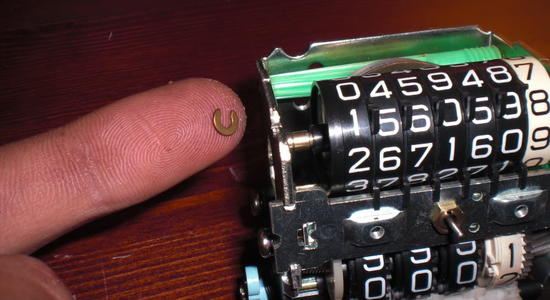Last Updated on March 22, 2018 by Jason Mason
An odometer rollback is the illegal practice of rolling back odometers to make it appear as if the vehicle has a lower odometer reading than what it actually does. An odometer measures how far a car has run. An odometer reading is a car’s “mileage.” It is considered illegal in most states to roll back odometers, although the laws may vary from state to state.
Why do people rollback odometers?
Rolling back odometers is an ingenious idea of unscrupulous sellers in an attempt to raise a car’s market value. A lower mileage will raise the value of a car, falsely passing it off as slightly used which may make a potential buyer think that he is getting his money’s worth. So, he ends up paying more for a vehicle that has a lesser value.
Why are odometer readings important?
Odometer readings are important because they tells you a couple of things about the car’s maintenance. The most common use of odometer readings is oil change. Car owners usually change oil every six months, or every five thousand to ten thousand miles depending on the car use. Another important use of an odometer reading is to know the appraisal value of the car. Car appraisers heavily rely on odometer readings to determine the value of the car. The lower the reading, the better. An old car can be worth a lot more despite its age if the odometer reading is quite low. This usually happens when a person owns two or more cars, which will explain the low odometer reading.
Are there odometer laws?
Yes, there definitely are. There are federal and state odometer laws. Violation of these laws is considered unlawful. Some violations are:
- Making false odometer disclosure statement.
- In acquiring vehicle for resale, failure to obtain complete odometer disclosure statement from seller.
- Conspiring to violate any of the Federal odometer statutes.
- Resetting or altering odometer with the intent to change mileage.
- Failure to provide complete odometer disclosure statement to the buyer.
Odometer laws may vary from state to state. Victims may sue for civil recovery, triple damages and attorney’s fees. Protect yourself; Vehicle history reports (VHR) or VIN (vehicle identification number) checks usually provide odometer readings. It is better to get a VIN check before buying a car. VIN checks may also contain whether an odometer has been tampered with. This happens when the odometer fails to read correctly, which requires to have it replaced. When a shop replaces a digital odometer, the replacement will read zero. It has to be sent out to a professional speedometer facility to have the mileage from the old odometer transferred to the new odometer. A VIN check can help you know if this was done and can help you find out if there is any discrepancy.




